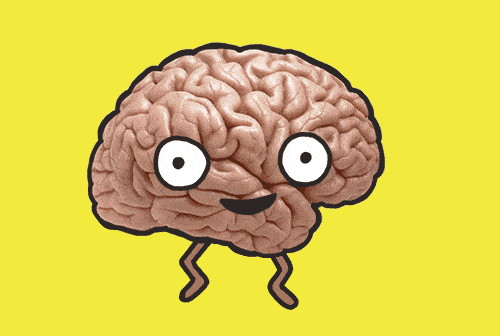Professional Spotlight Series Entry 1- Restoration Hope Counseling and Neurofeedback, PLLC
- Jenna Orosco, LPC
- Jan 9, 2020
- 4 min read
Updated: Jan 10, 2020
I am so happy to begin the monthly Professional Spotlight Series! There are so many awesome therapists and wellness guides around but it can be difficult to find your ideal provider. So this interview series will introduce the reader to some of my favorite people who have really unique and awesome skill sets. Enjoy!

First up is Bethany Wilson, LPC, BCN. I have known Bethany for years and she has always been a kind, empathetic and creative therapist as well as just a totally fun person! Bethany’s practice is Restoration Hope Counseling and Neurofeedback, PLLC in Littleton, CO. Bethany specializes in neurofeedback, which is really super cool.
Bethany, what exactly is neurofeedback?
Neurofeedback is a brain-based intervention that trains the electrical patterns in the cortex. I often start with what NFB is NOT because dealing with electricity and the brain sounds a little scary. Neurofeedback is NOT putting electricity into the brain. This is a non-invasive process that uses a combination of classical and operant conditioning.
We start out with a brain map, which shows us a broad picture of what’s going on in the cortex. We also give the client a self-assessment of a wide range of symptoms as well as take a thorough history. Between the map, current symptoms, and history, we pick a protocol.
When we say “protocol” it means the specific spots on the scalp where we put the sensor and the bandwidths we’re going to train either up or down. We do this by setting thresholds for each bandwidth we’re training. Every time the brain does what we want it to, there’s feedback (hence neurofeedback). There will be a beep and some kind of visual feedback depending on what the person is doing. Either way, during a session, you’re sitting in a chair watching a TV screen. It’s the feedback the trains the brain, not talking.
What interested you in this specialty?
It was the natural progression of the experiences I had from counseling. I worked with teen boys in the Colorado Division of Youth Services and I remember leaving an empathy group every session feeling like I was asking something from these guys that they simply couldn’t offer and not because they were anti-social, but something else. I later learned about the impact of developmental trauma and how kids with early trauma live in their limbic system. Empathy is located in a higher brain region. These guys struggled with empathy because they had experienced such incredible trauma. Then I learned how neurofeedback can help regulate the brain.
A regulated brain is a game changer. If someone can calm their brain, they can access empathy, language, executive functioning, and engage in relationships in a new way. Dysregulation can start as early as in utero. Whether or not we can remember our experiences, they matter. But it’s really hard to do talk therapy or EMDR when you don’t have a memory of your experience. Neurofeedback speaks on a brain level and sometimes—that’s the difference people need.
Who can neurofeedback help?

Mainly people with brains! I say that somewhat jokingly. There are protocols for performance enhancement for sports and a “brain brightening” technique that kind of tunes up mostly healthy brains. That’s not our main population, though. We work with kids, teens, and adults struggling with chronic anxiety, depression, ADHD, Autism Spectrum Disorder, fits and outbursts, OCD, panic attacks, and trauma.
What should a client expect from neurofeedback?
I would recommend going into it with expectation for progress, keeping in mind it can be slow work, especially with complex cases. There also may be other work to do in addition to neurofeedback. We say it’s like wearing glasses—just because you can see, it doesn’t mean you can read. Neurofeedback can get your brain regulated, now what are you going to do with that? It might mean processing past trauma, or maybe it’s kids learning organizational skills. There’s still work to do outside of neurofeedback, but for the people who feel like they’ve tried so much and they just can’t seem to make progress, training your brain might be the nudge that gets you unstuck. It’s not a miracle pill, but it’s a valuable tool that can help the process along.
What makes you and your practice unique?
We are every bit as much a counseling practice as we are a neurofeedback practice. We genuinely care about figuring out the right intervention for our clients. We don’t always recommend neurofeedback, but we do when it makes sense for that person. We also feel that neurofeedback is still a relational process. We sit with our clients during their sessions. We continuously monitor their numbers and check in with them each session about how they’re doing and how they’re feeling. We’re in it with our clients because we feel like that support is also an important part of the healing process. I don’t know if it makes us unique, but that’s us 😊.
Check out Bethany’s website to contact her or learn more about her practice at https://restorationhopecounseling.com/.
Thanks for reading, I learned something and hope that you did too! I’m Jenna Orosco, LPC and you can contact my practice at https://www.resolvecounselingco.com/.
As always, wishing you enlightenment, awareness, and good mental health!